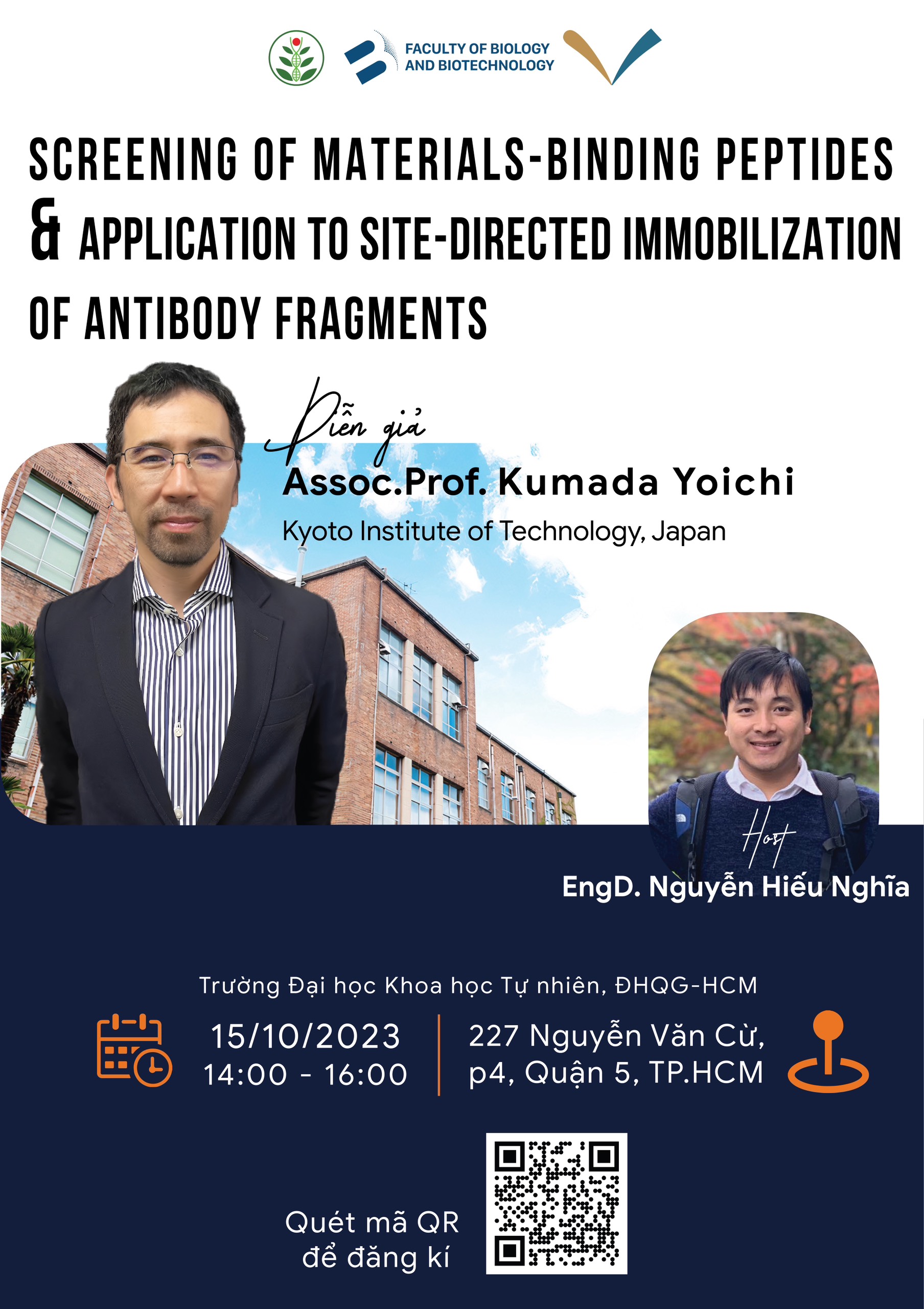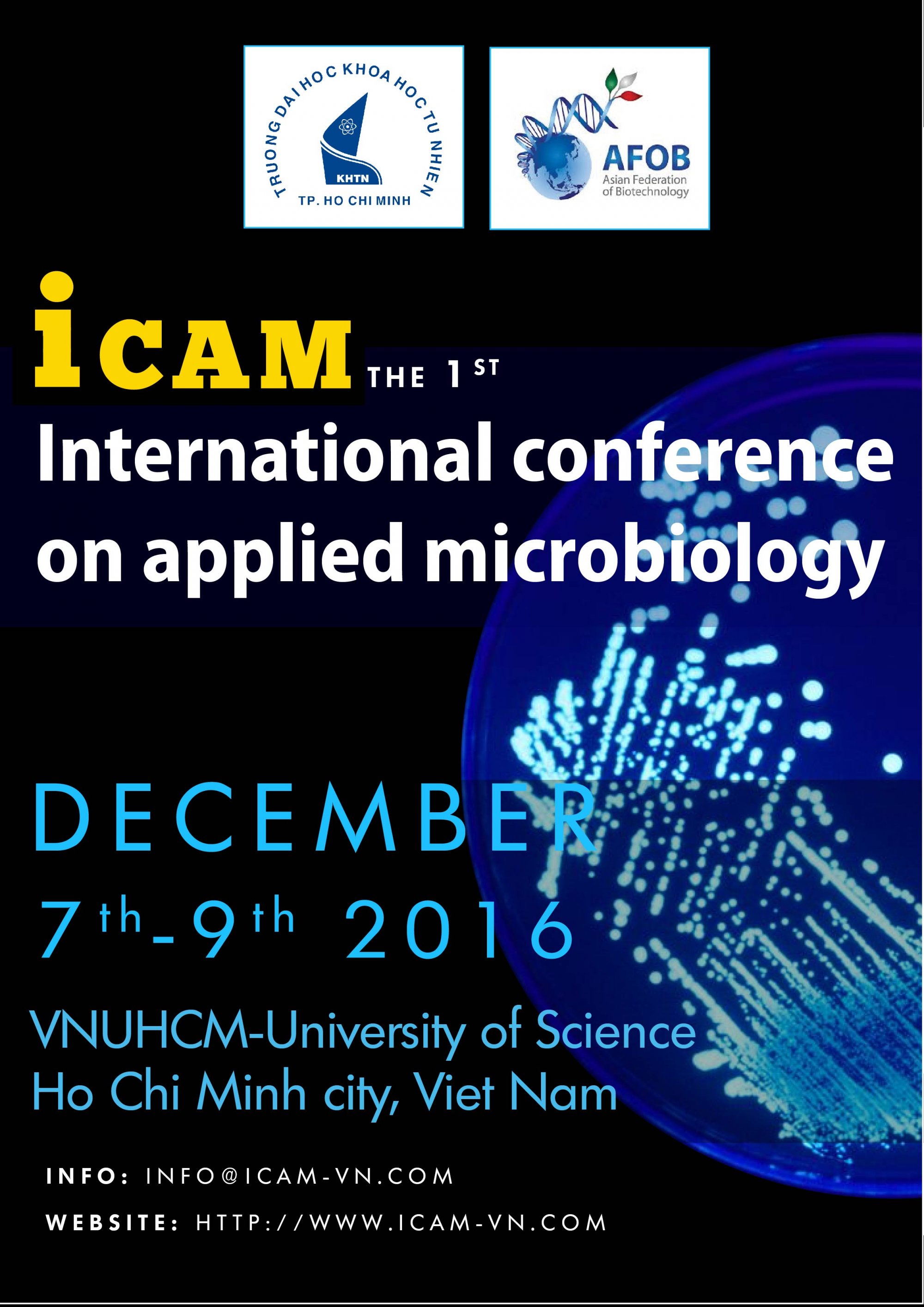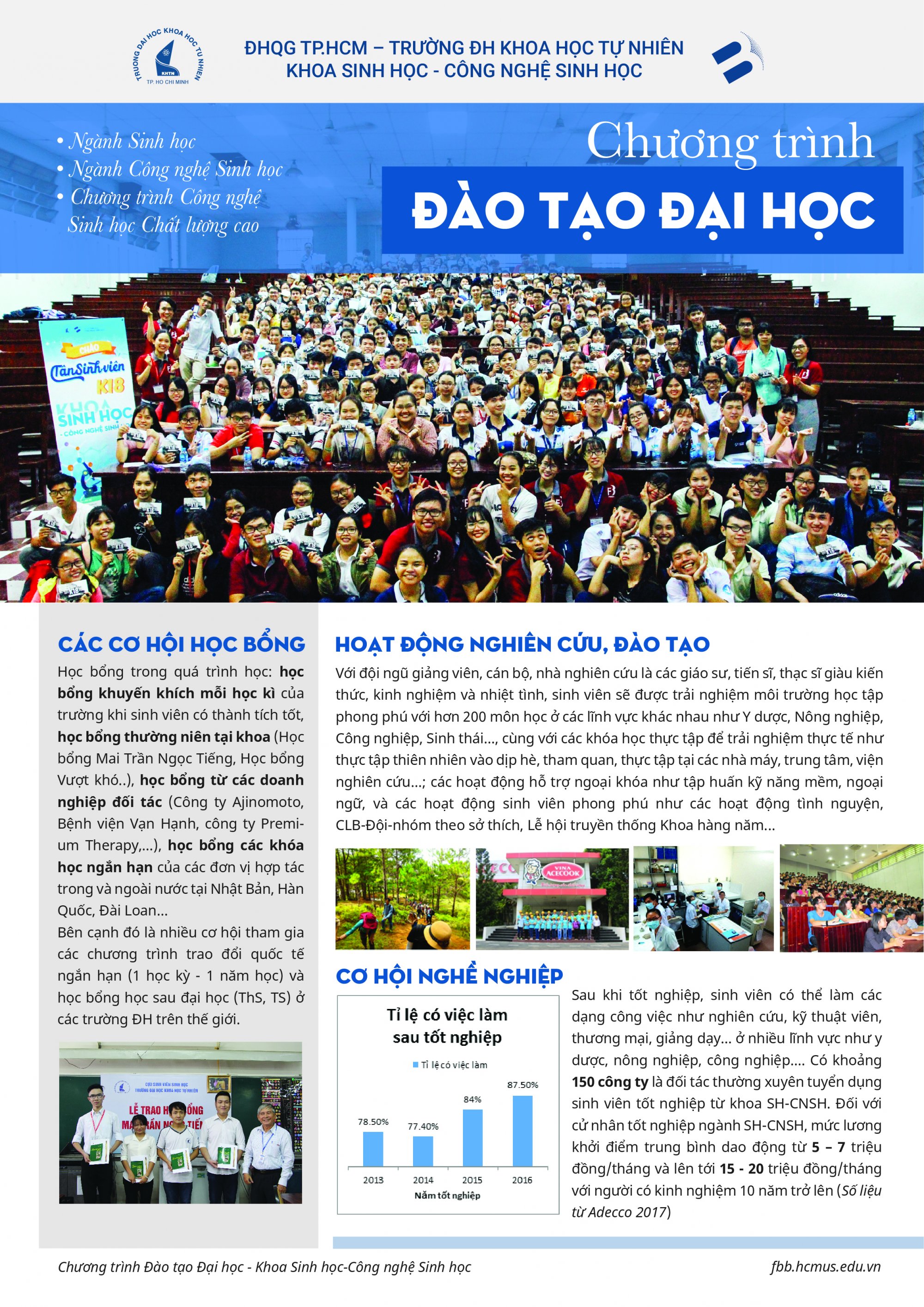Screening of materials-binding peptides and application to site-directed immobilization of antibody fragments
Screening of materials-binding peptides and application to site-directed immobilization of
antibody fragments
Dr. Yoichi Kumada, Faculty of Molecular Chemistry and Engineering, Kyoto Institute of Technology
Abstract
Immobilization and orientation control of functional proteins on the surfaces of materials
has been regarded as a key factor for enhancement of performance of protein-based
materials in the fields of bio-production, diagnostics and clinical treatments. Especially,
Sensitive and accurate biomolecular sensing utilizing antibody-immobilized solid support of
the solid-sensing materials are highly expected in clinical diagnosis, pharmaceutical
process monitoring and environmental analysis. Here, we propose and demonstrate
development of materials-binding peptides for site-specific immobilization of recombinant
antibody fragments, such as single-chain Fv antibodies and single-domain antibodies
(VHH).
We have successfully identified polystyrene-binding peptides (PS-tag) as well as
poly(methylmethacrylate)-binding peptide (PMMA-tag) and the others from the original
peptide/protein library stocks utilizing proteomic analysis technologies. Genetic fusion of
materials-binding peptides at the C-terminal regions of recombinant antibody fragments
resulted in enhancement of antigen-binding signals that were detected from the plates,
indicating increase in both density and residual activity of antibody fragments on the solid
surface. We further applied our technologies to SPR sensor that the sensing area was
coated with thin layer of plastics. Both PS-tag-fused scFv and PMMA-tag-fused scFv were
preferentially attached on these plastic surfaces at the higher density, and consequently,
much higher antigen-binding signals were detected. These results clearly indicated that
combination of materials-binding peptides and plastic thin nano-layer would be a promising
interface to immobilize recombinant antibody fragments site-specifically.

Các tin khác
- Hội thảo Quốc tế "Climate Change Sensor Research"09:52, 22/06/20240
- Hội thảo phối hợp giữa Khoa Sinh học - Công nghệ Sinh học và Công ty TNHH Kỹ thuật An Phúc17:37, 01/12/20230
- Seminar: Ứng dụng của hệ thống đọc vi đĩa trong nghiên cứu hợp chất tự nhiên có hoạt tính sinh học14:16, 16/11/20230
- Talkshow về Khởi nghiệp: TỪ ZERO ĐẾN TRIỆU ĐÔ10:01, 13/11/20230
- HỘI THẢO VỀ KỸ NĂNG TƯ VẤN DI TRUYỀN (UTS Genetic Counselling Skills Bootcamp)08:12, 23/10/20230
- Seminar "Flow Cytometry và những ứng dụng đa dạng từ CNSH Công nghiệp Thực phẩm đến CNSH Y dược"16:31, 20/10/20230
- Buổi trao đổi học thuật - nghiên cứu khoa học từ PTN CNSH Phân tử09:16, 02/10/20230
- Lớp tập huấn "Mô Phỏng Phân Bố Loài Bằng Chương Trình Maxent"14:45, 26/09/20230
- Symposium "Hepatic Stellate Cells - a key to targeted therapy development in liver fibrosis treatment"16:08, 31/08/20230
- Seminar chủ đề: "Driving Precision Medicine with UK Biobank"21:10, 10/06/20230













